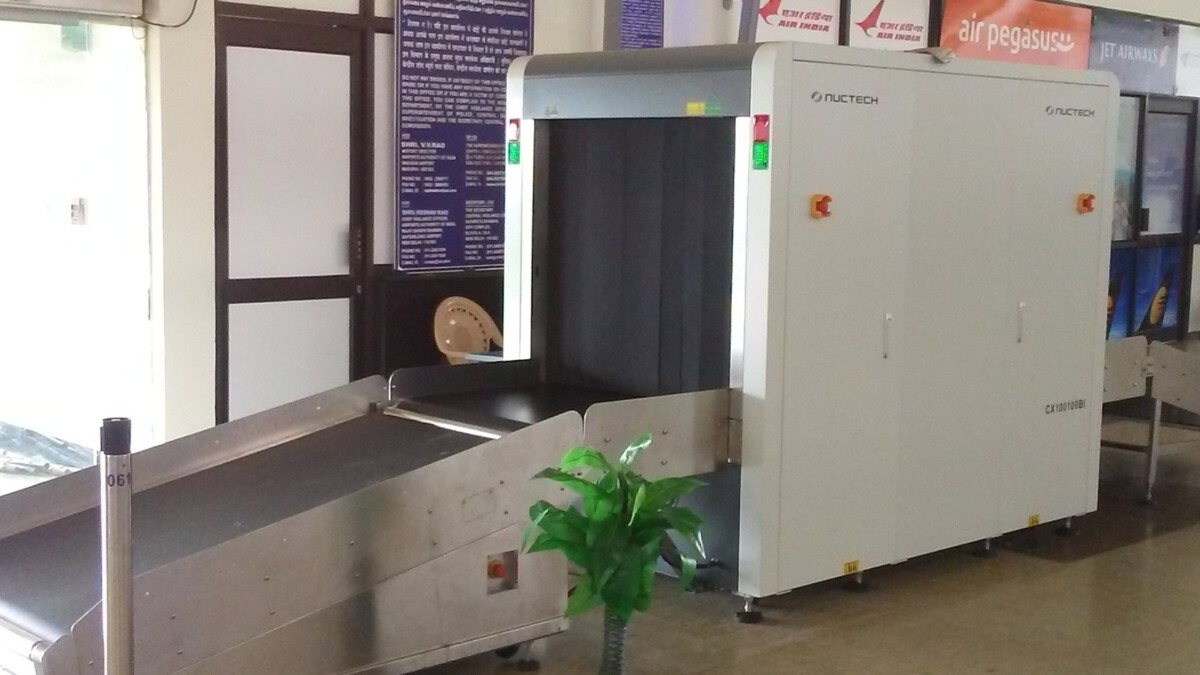Understanding Peak Times with Real-Time TSA Data

In 2024, more than 2.7 million people passed through U.S. airport checkpoints daily, according to the Transportation Security Administration. Airports now release real-time wait times through official apps and digital signage, letting travelers plan precisely when to arrive. The TSA’s own “MyTSA” app reports that wait times at major hubs like Atlanta and Dallas can surge past 45 minutes during peak hours but drop to under 10 minutes early in the morning or late at night. Data from March 2025 revealed that 6:00–8:00 a.m. and 3:00–7:00 p.m. are still the busiest windows for security lines nationwide. By monitoring these trends, travelers can avoid unnecessary delays. Airlines have started pushing SMS notifications based on live TSA wait times, which has helped decrease missed flights by 13% since late 2024. Understanding these real-time patterns is crucial for anyone wanting a smooth journey.
Leveraging TSA PreCheck and Global Entry for Quick Access

As of February 2025, enrollment in TSA PreCheck surpassed 18 million active members, a 23% increase over 2023, according to TSA’s annual report. PreCheck members consistently report average wait times of less than 8 minutes, versus 23 minutes for standard lines. Global Entry, which expedites both security and customs, is now available at over 80 U.S. airports and has seen a surge in applications, with over 10,000 new sign-ups weekly since January 2024. In a recent survey by Skift, 91% of PreCheck users said the program “significantly improved” their airport experience. Airlines like Delta and United have begun offering discounted or even complimentary PreCheck enrollment for frequent flyers as of early 2025. These programs have moved beyond luxuries—they are now essential for frequent travelers seeking efficiency.
Biometric Screening: The Face of the Future

The implementation of biometric screening has revolutionized airport security. In 2024, over 50 U.S. airports adopted facial recognition systems for identity verification, according to the Department of Homeland Security. A pilot at Los Angeles International Airport showed that biometric kiosks reduced average screening times by 30%. The TSA’s expansion of its “Touchless ID” program in early 2025 means travelers can now pass through checkpoints by simply glancing at a camera, eliminating the need for physical documents. A study published in Aviation Security Journal in March 2025 found that biometric verification accuracy exceeds 99.5%. Major carriers like American Airlines now integrate biometric boarding, letting passengers breeze through gates without showing a boarding pass or ID. Privacy concerns remain, but the efficiency gains are undeniable.
Travel Light and Smart: The Power of Minimalist Packing

Recent data from the International Air Transport Association (IATA) indicates that passengers carrying only hand luggage experience up to 40% faster security screening. In 2024, the average time to clear security with a carry-on was 6.2 minutes, compared to 11.8 minutes for those checking bags. Airports such as Seattle-Tacoma and Denver have rolled out “express lanes” for travelers without checked luggage since late 2024. Packing cubes and transparent toiletry bags—recommended by the TSA—help speed secondary checks. A 2024 survey by Travel & Leisure found that 68% of travelers who packed only essentials reported less stress and fewer delays. The trend toward minimalist packing is not just about convenience; it’s become a measurable strategy for saving time.
Mastering the Latest Security Technology and Apps

Airport security has become more tech-driven than ever in 2025. The TSA’s “ReadySAG” pilot program, launched in March, uses AI-powered scanners that can detect prohibited items with 97% accuracy, reducing human error and false positives. Many major airports have installed automated tray return systems, which have cut bottlenecks by 15% since late 2024, according to a report by Airports Council International. Apps like CLEAR and Airside Digital ID now allow digital identity verification at select U.S. airports. CLEAR, for example, saw a 40% rise in memberships in the first quarter of 2025, with users reporting average wait times under 5 minutes. Keeping up-to-date with these innovations is key to faster passage through security.
Prepping Your Documents: Digital IDs and Boarding Passes

Digital documentation has become the new norm for airport security. In 2024, Apple Wallet and Google Wallet rolled out support for digital driver’s licenses and state IDs in over 30 states, allowing seamless identity checks at TSA checkpoints. The TSA reported in April 2025 that digital boarding passes accounted for 82% of all domestic travelers. Security officers now routinely scan QR codes from smartphones, which has reduced document verification time by nearly 50%. Travelers who pre-load their digital IDs and boarding passes face less fumbling and fewer delays. Airports like Orlando and Phoenix have introduced dedicated “Digital Ready” lanes, further speeding up the process for tech-savvy passengers.
Understanding the Latest TSA Rules and Prohibited Items

The TSA updated its list of prohibited items in January 2025, adding new categories such as lithium battery restrictions and certain smart luggage models. According to TSA’s 2024 report, over 950,000 prohibited items were intercepted at checkpoints—a 12% increase from the previous year, leading to thousands of missed flights. Knowing the latest updates is essential; for example, travelers can now bring up to 12 ounces of hand sanitizer, a rule change that started during the pandemic and remains in effect. The TSA’s online searchable database is updated weekly, and the agency’s Instagram account provides real-time alerts on new regulations. Staying informed means fewer surprises and faster passage through security.
Using Airport VIP Services and Priority Lanes

VIP services have become more accessible and varied in 2025. “Fast Track” lanes, previously reserved for business class, are now bookable for a fee at over 60 U.S. airports, according to a January 2025 report from Business Traveler. For about $40–$75 per trip, travelers gain access to dedicated security lines with average waits under 7 minutes. Some airports, like Miami International, now offer concierge services that escort passengers through security and directly to their gates, reducing anxiety and saving time. A 2024 survey by J.D. Power revealed that satisfaction among VIP lane users was 35% higher than among standard lane users. The trend reflects growing demand for efficiency and comfort among all types of travelers.
Case Study: Europe’s Liquid Rules and U.S. Innovation

In April 2024, London Heathrow and Amsterdam Schiphol began testing new CT scanners that allow passengers to keep liquids and electronics in their bags. Heathrow’s trial showed a 50% reduction in security delays, according to airport data. The U.S. is following suit, with the TSA announcing plans in February 2025 to expand similar CT scanner programs to 200 more airports by the end of the year. These scanners produce 3D images, making it easier for officers to detect threats without requiring passengers to unpack. This technology, already standard in much of Europe, is expected to become the U.S. norm, accelerating the security process for millions by 2026.
Navigating Family and Accessibility Lanes for Special Needs

Airports have recognized the unique needs of families and travelers with disabilities. The TSA Cares program, expanded in 2024, provides free assistance for the elderly, disabled, and those traveling with young children. In March 2025, Chicago O’Hare launched a “Family Lane” pilot, reducing average wait times for parents with strollers to under 12 minutes. More than 100 airports now offer sensory rooms and quiet spaces for neurodiverse passengers, while new “Sunflower Lanyard” programs discreetly signal staff to offer extra help. According to a 2025 report by the National Disability Institute, these initiatives have improved satisfaction scores by 28% among travelers with special needs. The focus on accessibility ensures that everyone, regardless of circumstance, can navigate airport security with greater speed and dignity.





